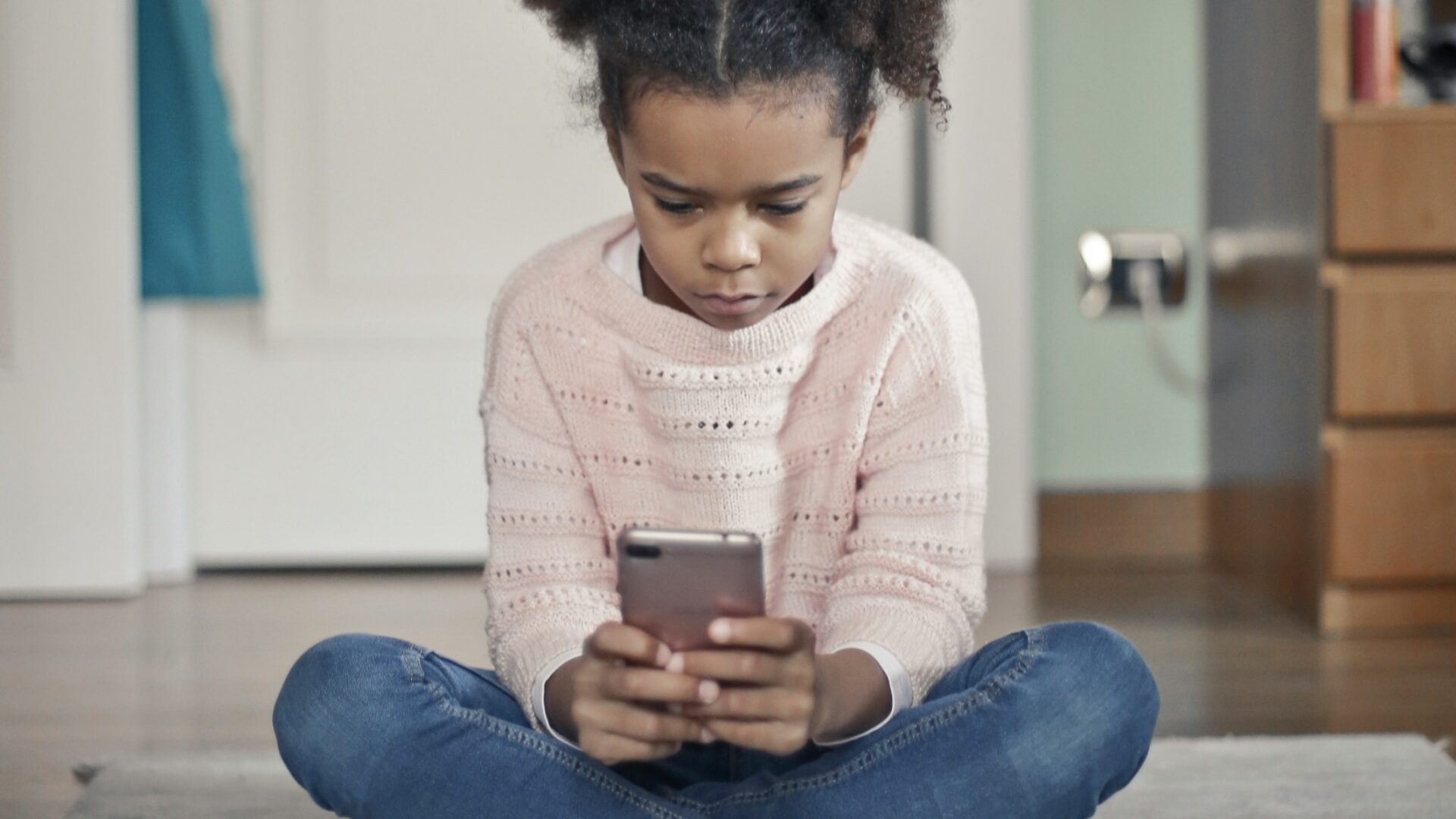
Psychologists Call on Tech Companies to Protect Kids’ Mental Health
By Movieguide® Contributor
The American Psychological Association says social media is not suitable for youth, and age restrictions do not solve the problem.
“Social media features such as endless scrolling and push notifications are ‘particularly risky’ to young people,” NBC News reported, “whose developing brains are less able to disengage from addictive experiences and are more sensitive to distractions, the American Psychological Association wrote in a report released Tuesday.”
“But age restrictions on social media platforms alone don’t fully address the dangers, especially since many kids easily find workarounds to such limits. Instead, social media companies need to make fundamental design changes, the group said in its report,” NBC said.
The report notes special concerns around content recommended by AI, likes and followers and tailored ad content. All of these features are addictive to susceptible teens and children.
APA chief science officer Mitch Prinstein said kids and teens don’t have the same capability as adults to resist social media’s allure. He noted that over half of young people have at least one symptom of clinical dependency on social media.
“The fact that this is interfering with their in-person interactions, their time when they should be doing schoolwork, and—most importantly—their sleep has really important implications,” Prinstein said.
He suggests that endless scrolling and notifications be shut off for children’s accounts.
Martine Oglethorpe, tech writer for the Modern Parent, also noted that age restrictions aren’t effective. She said, “I would also like more done at the design stages of these apps. I would like to see better safety protocols, more content filtering, and easier and more responsive blocking and reporting.”
A year ago, the APA created a landmark health advisory about social media. It recommended that social media companies try to lower kids and teens’ contact with cyber hate and gave other suggestions. However, the alert did recognize that the peer connection aspect of social media can be beneficial.
“Although some platforms have experimented with modest changes, it is not enough to ensure children are safe,” Prinstein said.
“And last month, a book was published by social psychologist Jonathan Haidt that argues that smartphones and social media have created a “phone-based childhood,” sending adolescents’ rates of anxiety, depression and self-harm skyrocketing,” NBC News said.
Movieguide® previously reported on Haidt:
“We’ve never seen anything like this,” Haidt told PEOPLE. “There’s massive evidence of harm. It happened in many countries at the same time, at a specific point in time: the moment when teens traded their flip phones for smartphones. It’s as if you had a murder, and all eyewitnesses point to this suspect. There is no other explanation.”
According to Haidt, rates of anxiety and depression skyrocketed among youth worldwide around 2012, five years after the iPhone was released and two years after Instagram debuted. He believes the link between these occurrences is not incidental, and lawmakers have allowed social media companies to get away with something inexcusable.
Prinstein suggests that whole households, both kids and parents, keep their phones far away at night, like on the top of the fridge, for example.
He hasn’t seen data to support that delayed or limited social media use can harm kids, but only the opposite.
“If anything, kids tell us, anecdotally, that they like to be able to blame it on their parents and say, ‘Sorry, my parents won’t let me stay on for more than an hour, so I have to get off,” he said. “It kind of gives them a relief.”
Questions or comments? Please write to us here.



 - Content:
- Content: 

